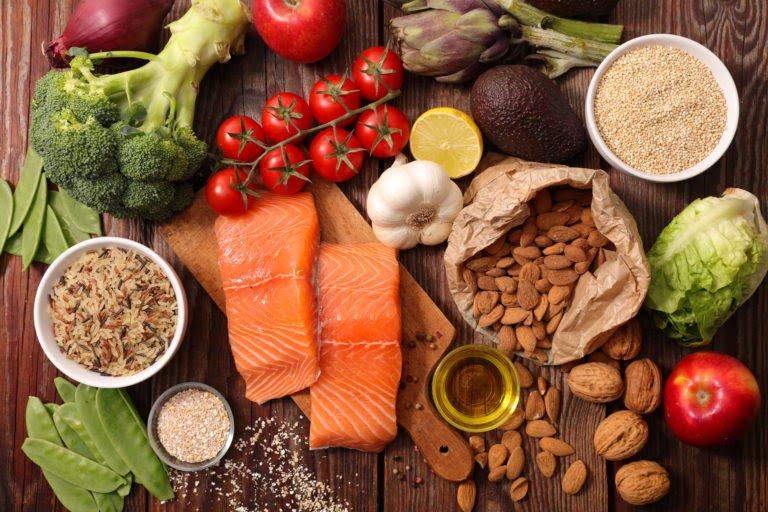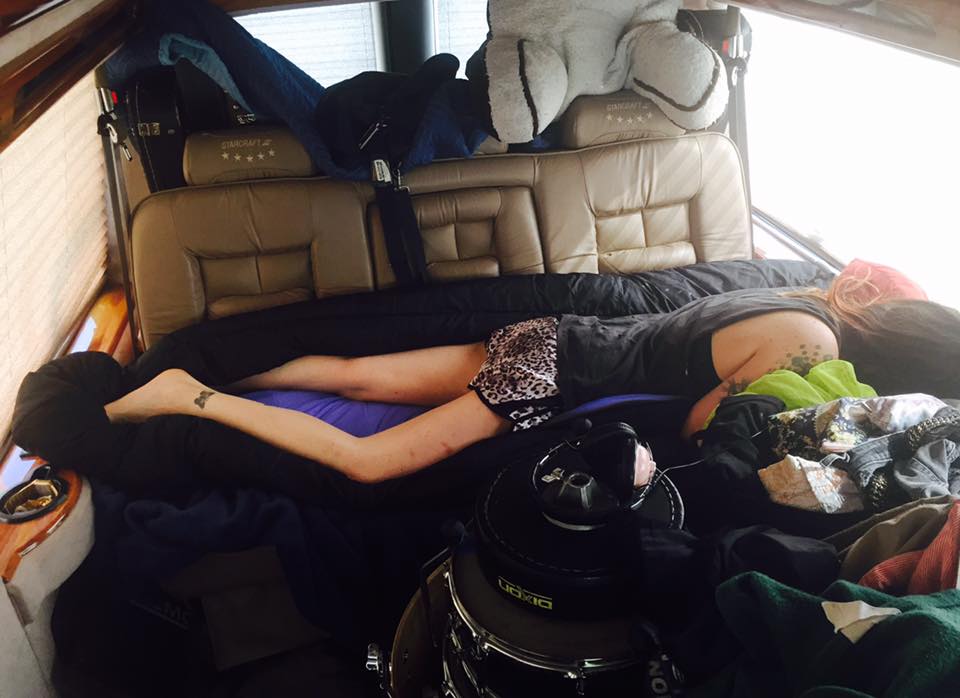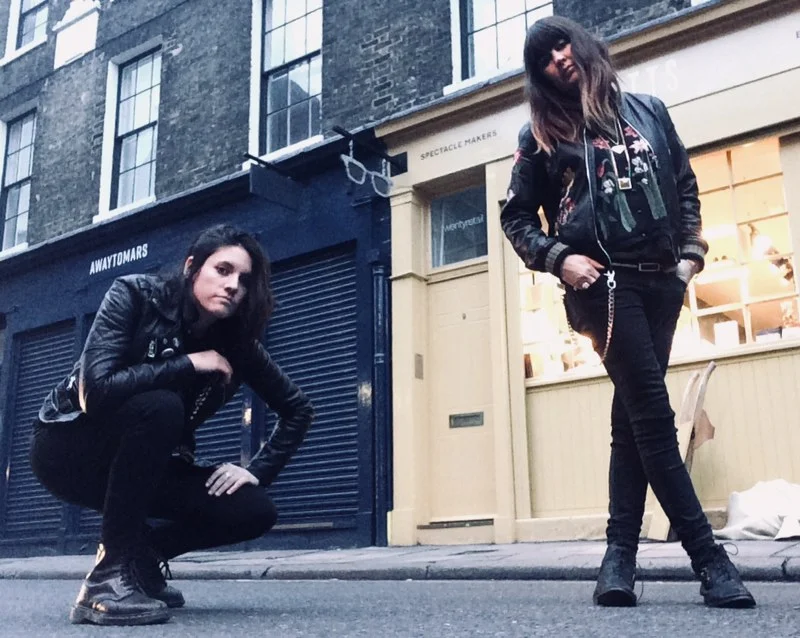Sometimes it can be a challenge staying healthy on the road with late nights, small budgets (when you’re building as a artist or band), long days in the car, not a lot of time to stop between lengthy drives or unknown cities, small towns and at times, limited choices for food. Plus with fast food places everywhere and little amounts of time to kill between shows and drives, it can be tempting to stop and grab something quick and easy.
These things can be hard navigating but it doesn’t have to be. With a little planning, a positive mind, eyes on your musical goal and care for your health - your well being can remain in top shape while on the road!
(Photo from https://rebelrd.com/)
Below are some recommendations and suggestions:
- Look at your tour, shows & route. Where and which dates will you be getting fed by a venue? See where you’ll be needing to buy food.
-Ask yourself how many meals you’ll have to buy, with the amount you’re making from shows (you might have to guesstimate depending on guarantee vs door deal & have a merch goal to hit or budget for)
*we recommend a $12-15 budget per day for food for beginning bands & artists
- grocery stores *highly recommended!They often have delis as well as fresh food (vegetables, fruits, healthy packaged food - sandwiches, whole grain bread, peanut butter, rice cakes, energy bars, yogurt, apple sauce, raw nuts as well as pre cut meats & oatmeal to add water to).
*recommended as a great option for all dietary needs & very affordable. You can get lunch, dinner, and even stock up on non perishables.
- Some hotels will provide breakfast or have hot water & coffee. Check to see if hotels will offer this before booking.
- Get a cooler pack that you can use for the day for any perishable items.
Here’s a list of healthy grocery stores and fast food options around the U.S for people on restricted diets that offer something for everyone:
- Trader Joe’s, Whole Foods, Ralph’s, Safeway, HEB, Kroger
- Startbucks (vegan, gluten free, palo options) They have healthy snacks, sandwiches, salads, yogurt & Oatmeal available. Price range $3-8 a meal
- Chipotle (vegan, gluten free, palo) *Plus they even will sometimes feed bands for free if you call ahead and speak with the manager & tell them you’re on tour. Price range $5-8 a meal
- Pita Pit (vegan, gluten free, great wraps , salads & sides). Price range $5-8 a meal
- Subway (vegan, gluten free, salads, sandwiches). Price range $5-8 a meal
- Taco Bell (vegan, gluten free, any veggie options & sides, cheap!). Price range $2-6 a meal
- El Pollo Loco (vegan, gluten free, veggie options & sides). Price range $2-6 a meal
- Gas Stations: Sheetz, Cumberland Farms, Wawa, Loves, Kum&Go, Quicktrip - these all carry good grocery products and have a wide selection of healthier foods.
- Dinners & Resturants: Cracker Barrel, Black Bear Diner, Jason's Del, Denny’s, iHop, plus there’s loads of mom & pop diners & cafes around the U.S with affordable selections and healthy options & sides.
Photo: Jenny Bergman
*we recommend choosing food from the coolers such as pre-made sandwiches (tuna, egg salad, turkey) sometimes they have hard boiled eggs, pickles, fruit, yogurt. Also when buying snacks try to reach for the raw nuts, trail mix, veggie chips, and fruit, instead of Doritos, Cheetos, or candy. You will feel great while driving and have good energy for when it’s time to play the show.
It’s not a bad thing every once in a while to treat yourself to a slightly less nutritious meal or snack while on the road, but be mindful that you may not find time to go to a gym, get much walking in, or work off those calories. In order to feel great while on the road, one must eat great, healthy food. The options vary from city to city, and from town to town, but it’s always possible to find cheap and nutritious meals and snacks wherever you go - you’d be surprised at all the options once you start looking for them!
*Tip: Any chance you get: run, walk, lift some weights (even if it's for 15mins at a hotel gym) and stretch. You'll feel better, even if your tired it will get you re-energized! With healthy eating, life style improvement / changes in combination with exercise you will maximize your musical performance!











